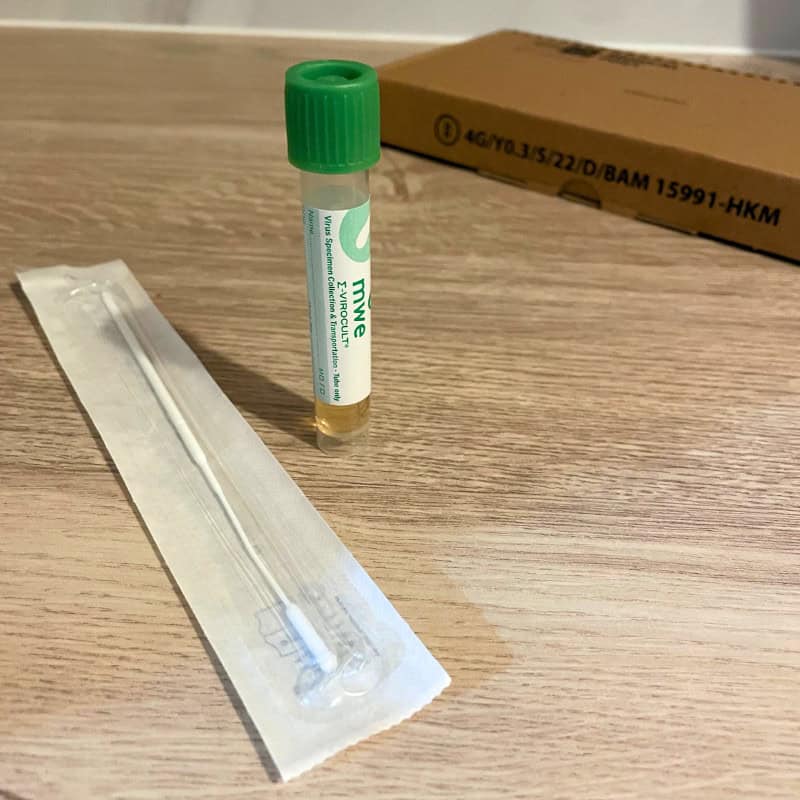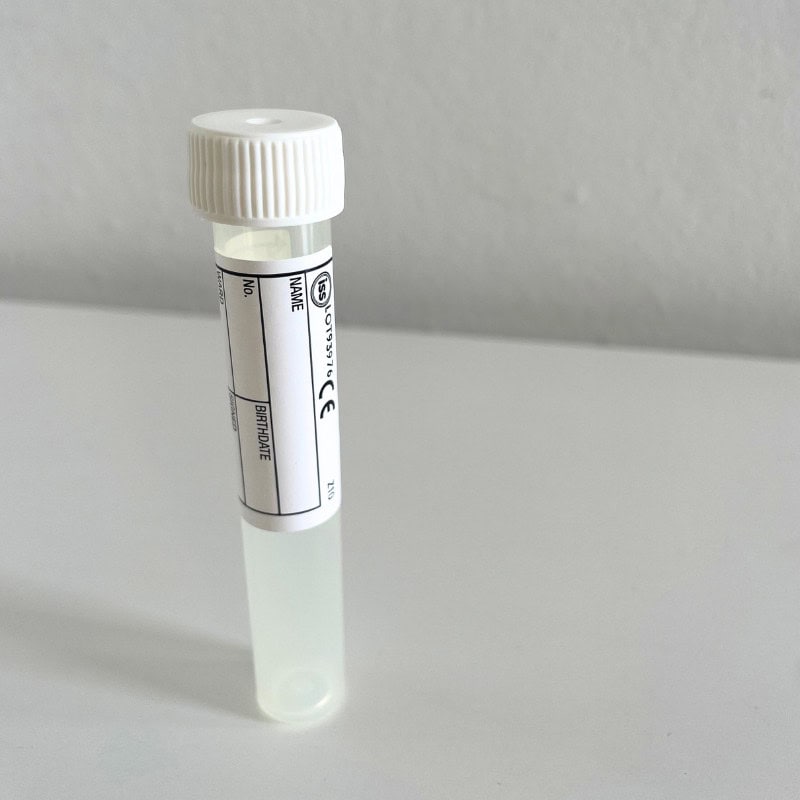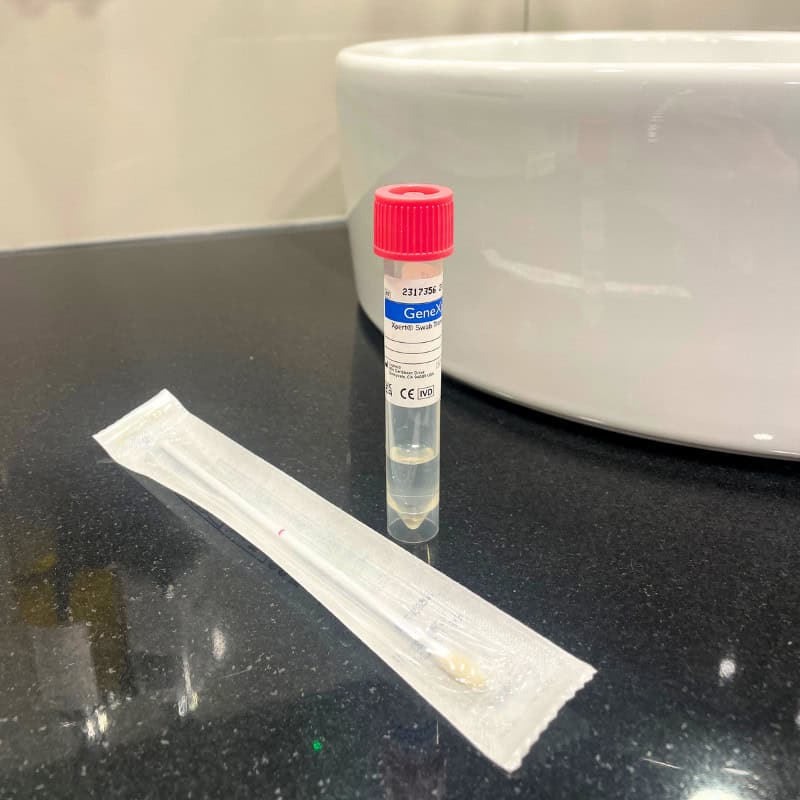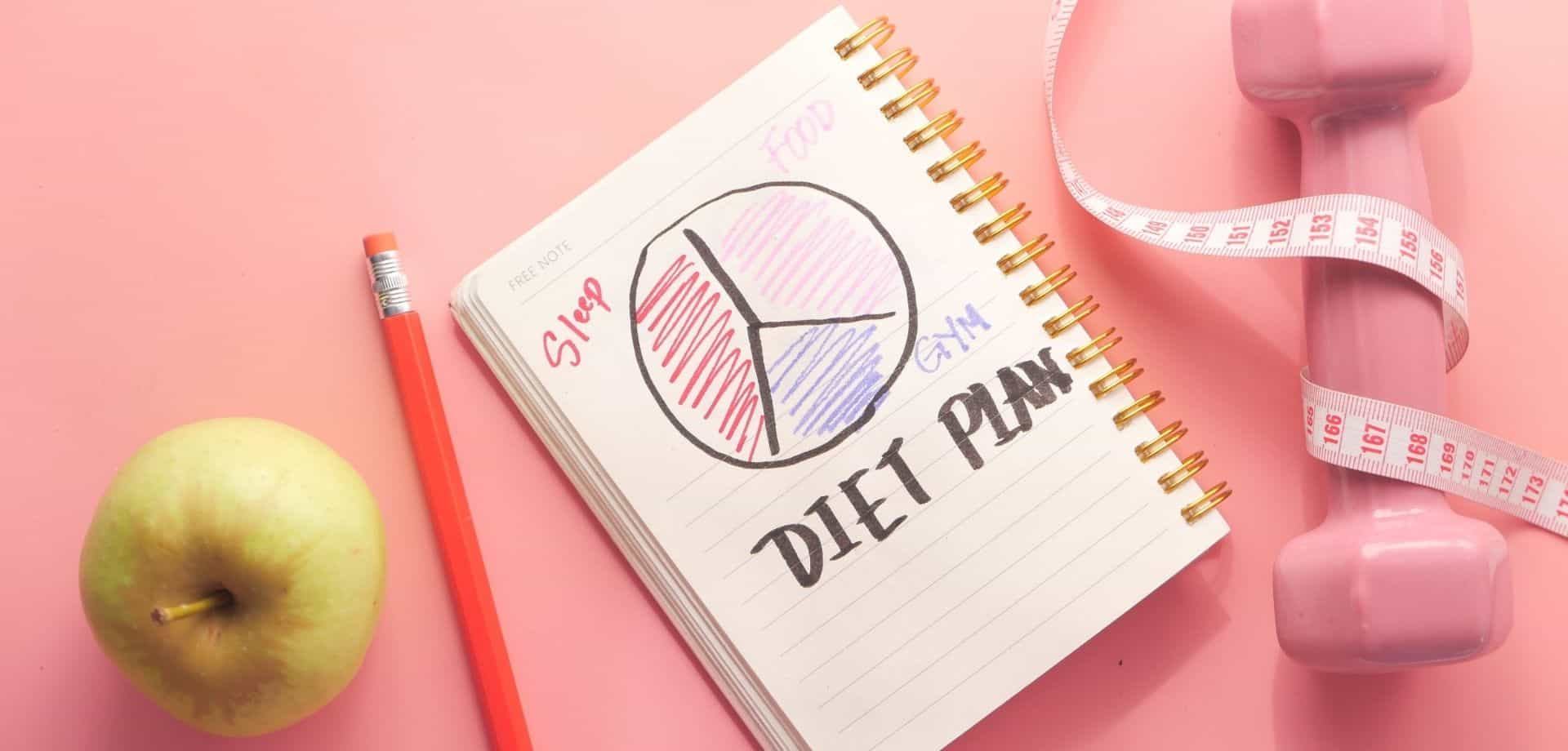Month: January 2018
The HPV Vaccine, Gardasil 9, is back in stock at Fleet Street Clinic.
The vaccine is available to men and women. It protects against a range of cancers including cervical, head and neck cancer and other HPV-related diseases including genital warts.
5 facts about the HPV (Human papillomavirus) :
- Nearly all cases of cervical and anal cancer and 70% of oropharyngeal cancers are related to HPV.
- HPV is one of the most common sexually-transmitted diseases, so common in fact that most sexually active men and women will have HPV at some point in their life.
- There are different strains of the virus and they can be categorised into low-risk and high-risk HPV.
- There is no cure for HPV; some people fight off the virus without any knowledge of having been infected, whilst the virus can lie dormant in others, remaining undetected for many years.
- The virus can eventually cause abnormal cell growth – cervical abnormalities in women, which is why regular cervical screening is so important.
In order to protect against the virus, the HPV vaccine is strongly recommended. For more information, visit our HPV Vaccine page.
BOOKING A Vaccination APPOINTMENT
You can book an HPV appointment online.
Fleet Street Clinic is delighted to be attending the Adventure Travel Show at Olympia in London, Saturday 20 – Sunday 21st January 2018.
Our travel nurses Anna and Leigh-Ann will be on Stand E19 to share their travel expertise, offer travel advice and health guidance to help you get in great shape for your next trip.
Come along to meet us and receive special prizes and discounts. Follow us on Twitter and Instagram for live updates from the show.
Adventure Travel Show
The Adventure Travel Show is dedicated to travel enthusiasts who want to take a trip off the beaten track.
With a range of specialist adventure travel companies exhibiting and informative talks from experts, including explorer Ranulph Fiennes, the event is sure to inspire you before your next travel adventure!
Save 15% on admission
To get your exclusive discount code for The Adventure Travel Show and save 15% on admission, please email info@fleetstreetclinic.com. You receive an email with your code and a link to buy the tickets.
January is here and with it comes a fresh New Year, a good time to shed any extra weight gained over the party season. Sadly, despite all the ‘quick fix’ diets, and a variety of diet pills on offer that promise you will ‘drop ten sizes in ten days’, there is no miracle cure.
WHAT IS A FAD DIET?
A fad diet is normally endorsed by a celebrity of some sort and or a non-healthcare professional and will usually cut out one or more food groups. What will usually happen is that you try the fad diet and lose weight very quickly. So what’s the catch? You’ll inevitably get bored as the diet will be unsustainable, and then return to your normal eating habits and put all the weight back on and more.
HOW TO SPOT A FAD DIET
Does your new diet:
- Cut out major food groups such as wheat, dairy or yeast?
- Promise you’ll lose more than 2lbs a week?
- Seem very restrictive and hard to follow?
- Require that you buy special expensive foods to follow it?
- Tell you the reason you ‘can’t lose weight’ is probably a food allergy?
- Provide no clinical evidence?
- Promises to be the answer to all your problems?
Yes to any of the above? It’s a fad.
Be aware of who is offering advice:
There are many people out in the world today promoting all sorts of diets to help you feel great and lose weight, however many of them are not medically trained.
Be aware of practitioners who use tests such as:
- Blood tests, especially those that mix your blood with food.
- Hair mineral analysis to tell you what you should eat.
- Stool analysis.
- Looking in your eyes to tell you what diet to follow.
- Kinesiology.
- Face reading.
None of these have any clinical evidence that they can help with weight or any other nutritional issues.
BUT I STILL WANT TO LOSE THOSE EXTRA POUNDS… think of the phrase ‘eat half, walk double’!
Let’s go back to basics:
- Have three, balanced meals spread out throughout the day.
- Eat the three meals in a 12 hour time frame.
- Have 5 portions of fresh fruits (2-3 portions) and vegetables (2-3 portions) daily.
- Include two portions of protein daily – tofu, beans, lentils, soy, chicken, eggs, fish.
- Balance out your meals. Lunch and supper should be half a plate of vegetables, a quarter protein and a quarter carbohydrates.
- Get in 30 minutes of exercise daily. Cycle to work, go for a walk on your lunch break – get moving!
- Avoid snacks that are high in processed sugar or fats like nuts, crisps, biscuits cakes, chocolates. Replace your cravings with fruit and vegetables but keep fruit to a maximum of three times a day. Even fruit has high levels of sugar.
- Keep hydrated – most people require two litres of water per day.
Want Help With Your Eating Plan?
If you’d like more support from a professional, you can book an appointment with Dietitian Ruth Kander for some much needed January motivation.





